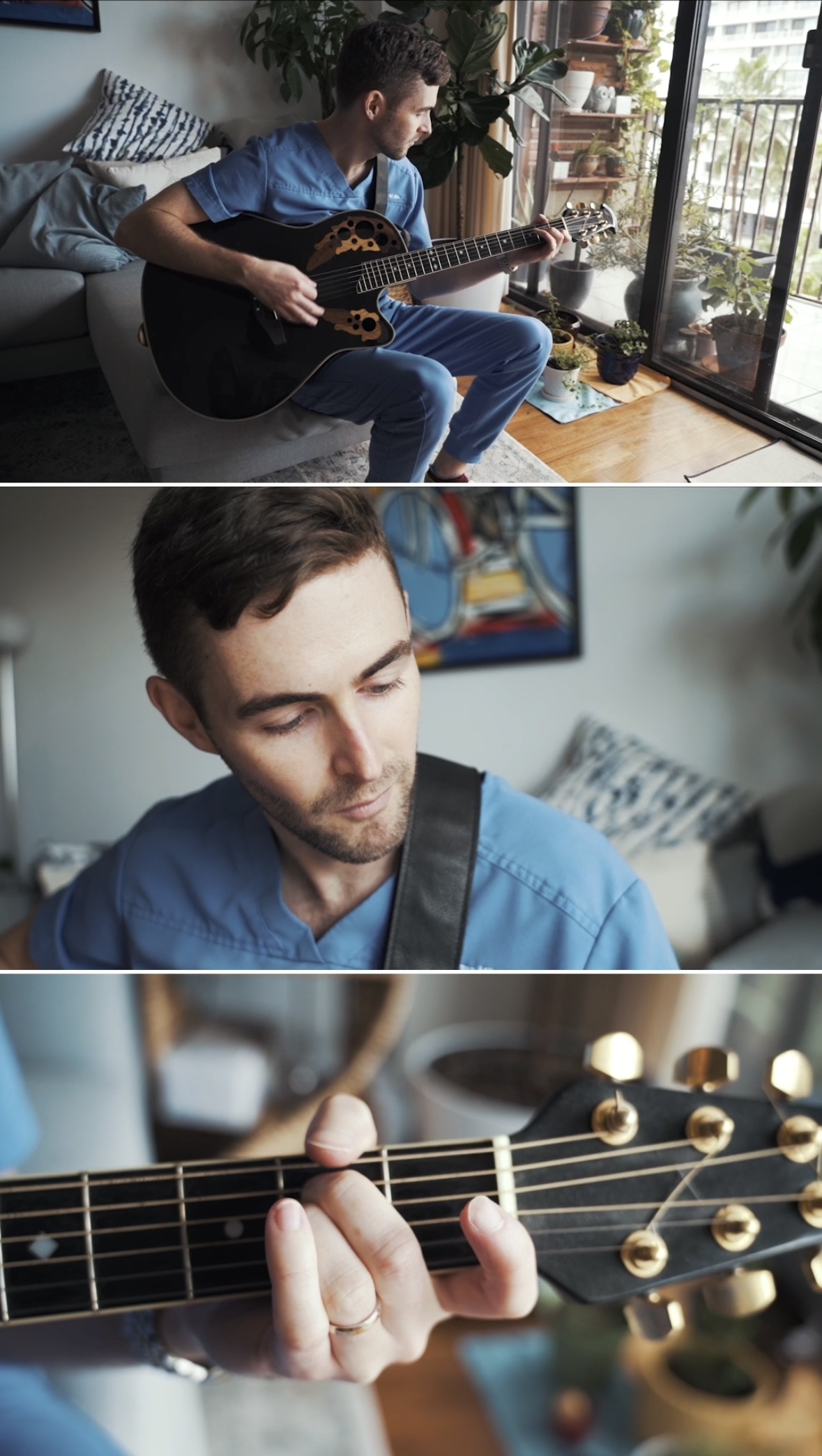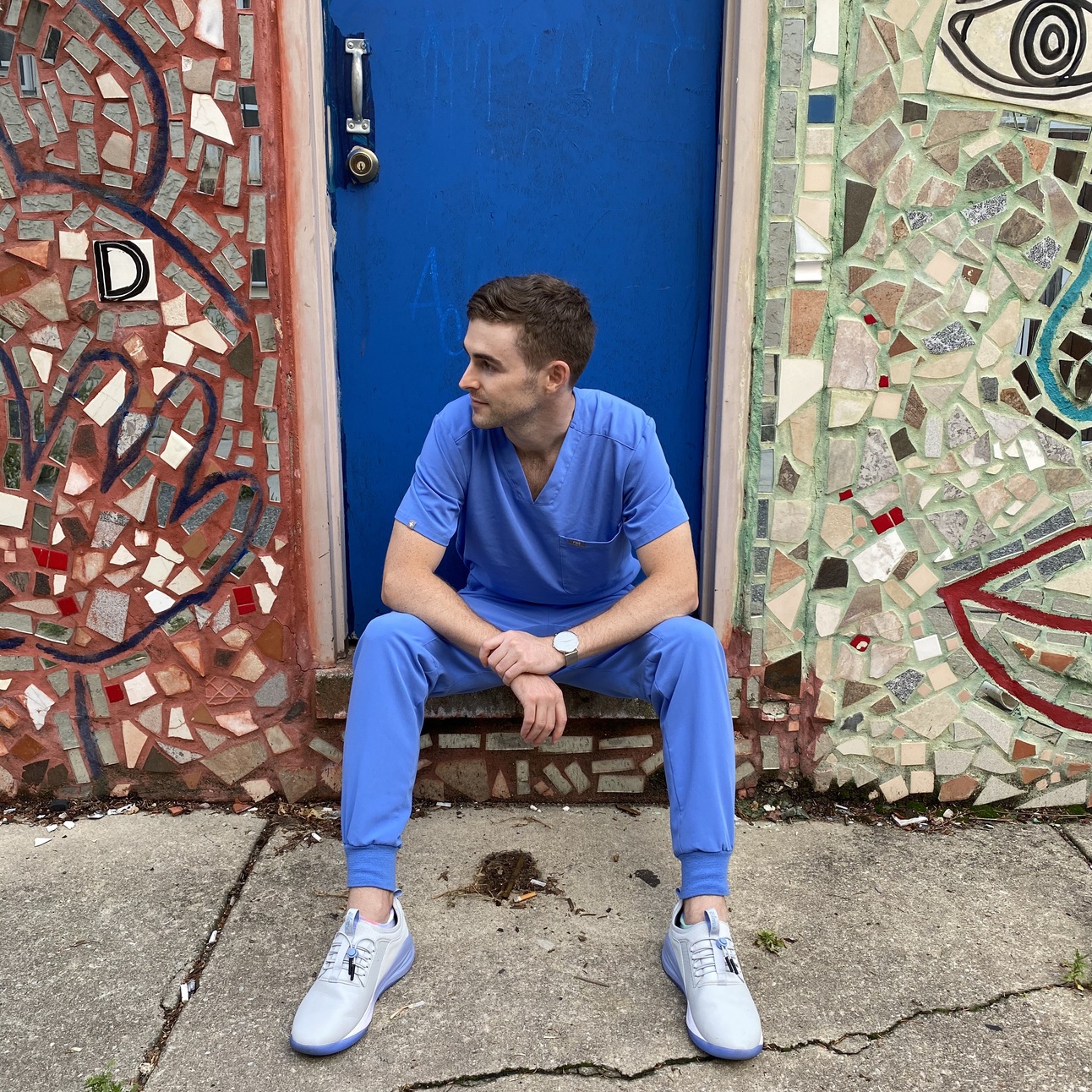“One good thing about music, when it hits you, you feel no pain.” -Bob Marley
I love music. Listening to it. Talking about it. Making it. I listen to a variety of music, mostly Hip Hop, Country, Punk Rock, Indie Rock, and even some Jazz and oldies like Frank Sinatra. And like most of you, the music I listen to is entirely based on my mood.
- Gym – Blink 182
- Coming home from work – Jack Johnson
- Friday celebration with friends – Drake
- Winding down at night – Frank Ocean
But can music have the power to CHANGE your mood? Turn a stressful day into a relaxed one? Improve depression? Music therapy is a field of therapy that helps people cope with stress, chronic pain, and mental health issues (amongst other things). I combed through the available research on music therapy, so you don’t have to. Here’s what I found:
- Music therapy, when added to standard treatment like medication and psychotherapy, has been shown to improve depressive symptoms compared to standard treatment alone. This is HUGE.
- Studies suggest that music therapy can decrease anxiety levels and enhance day-to-day functioning in individuals with depression and generalized anxiety disorder.
- Music engages multiple brain regions, including the limbic system, which processes emotions and memories, potentially explaining why music is effective in bringing back memories (P.S. this can be useful in therapy).
- Research indicates that music therapy can positively impact cognition and quality of life in people with dementia by evoking emotional responses and facilitating memory retrieval.
- Music affects the body in various ways, such as reducing cortisol levels (a stress hormone) through both listening to music and singing, and producing dopamine, a neurotransmitter linked to the brain’s reward centers, leading to feelings of pleasure.
How Music Helped Bring Me Out Of A Dark Place:
When I was going through depression during my first year of residency, music helped me immensely. Music gave words to what I was feeling. Music helped lift me out of a dark place. Music became an escape and I vowed to utilize music to help my patients live healthier and more balanced lives.
So now, at the beginning of some therapy sessions, I like to play some soft and relaxing music and do 5 minute guided breath-work. My clients have consistently told me that this sets the scene for them to be more comfortable talking about emotional and vulnerable topics.
My Spotify Mental Health Playlist:
A while back, I created a post with the songs that helped me when I was depressed. Well, the post went viral and soon people were asking me to share my mental health playlist. So I did. Then I made it collaborative so anyone could add their own music to it. It’s taken on a life of it’s own since then, and there’s now 347 people collaborating on this playlist and over 21 hours of music. To join in, listen, and even add your own tracks, tap the playlist link below!
My Mental Health Spotify Playlist
Disclaimer: These emails do not assume a doctor-patient relationship and my information is not intended to substitute for medical advice. I offer science-backed educational information aimed at empowering you to live your best life. Always consult your personal doctor before starting any treatment.
This Week’s Sources:
My favorite song for mental health:

You Are Not Alone
For you or a loved one to be diagnosed with a brain or mental health-related illness or disorder is overwhelming, and leads to a quest for support and answers to important questions. UBA has built a safe, caring and compassionate community for you to share your journey, connect with others in similar situations, learn about breakthroughs, and to simply find comfort.

Make a Donation, Make a Difference
We have a close relationship with researchers working on an array of brain and mental health-related issues and disorders. We keep abreast with cutting-edge research projects and fund those with the greatest insight and promise. Please donate generously today; help make a difference for your loved ones, now and in their future.
The United Brain Association – No Mind Left Behind






